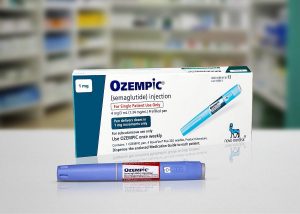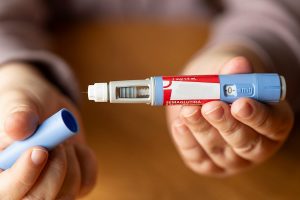
New York University doctors and hospital executives are using an artificial intelligence (AI) computer program to predict whether a newly discharged patient will soon fall sick enough to be readmitted. The AI program “NYUTron” reads physicians’ notes to estimate a patient’s risk of dying, the potential length of their hospital stay, and other factors important to their care. Testing showed that NYUTron could predict four out of five patients who would require readmission to the hospital, according to a report published online June 7 in the journal Nature. NYUTron is what its developers call a “large language model,” which can read and understand the creative and individualized notes frequently taken by doctors. It’s an improvement over earlier health care computer algorithms that required data to be specially formatted and laid out in neat tables, the researchers said. “Our findings highlight the potential for using large language models to guide physicians about patient care,” said lead researcher Lavender Jiang, a doctoral student at NYU’s Center for Data Science. “Programs like NYUTron can alert health care providers in real time about factors that might lead to readmission and other concerns so they can be swiftly addressed or even averted,” Jiang said in a school news release. Jiang and her colleagues trained NYUTron to scan unaltered text from electronic health records and, from what it learns, to make… read on > read on >





















-300x169.jpg)
















